Discover the vibrant world of African spices! This guide reveals the top 7 essential spices used across Africa, with detailed flavor profiles, authentic usage tips, and expert buying advice to transform your cooking. Perfect for home chefs seeking bold, aromatic flavors.
| Spice | Best For | Flavor Profile | Suggested Pairings |
|---|---|---|---|
| Berbera | Stews, lentils, grilled meat | Smoky, earthy, slightly sweet | Lamb, chickpeas, eggplant |
| Kaloum | Fish, rice dishes | Spicy, citrusy, woody | Cod, coconut rice, cassava |
| Ras el Hanout | Rice, tagines, roasted veggies | Earthy, floral, slightly sweet | Chicken, carrots, apricots |
| Touba | Grilled chicken, soups | Herby, garlicky, mild heat | Okra, millet, plantains |
| Grains of Paradise | Marinades, charcuterie, drinks | Pungent, peppery, bright | Beef, gin, pickled onions |
Top 7 African Spices You Need to Try
From fiery powders to fragrant seeds, these iconic African spices deliver authentic flavor experiences. Each has been carefully selected for its cultural significance and culinary versatility:
Berbera Spice Blend (Somalia/Ethiopia)
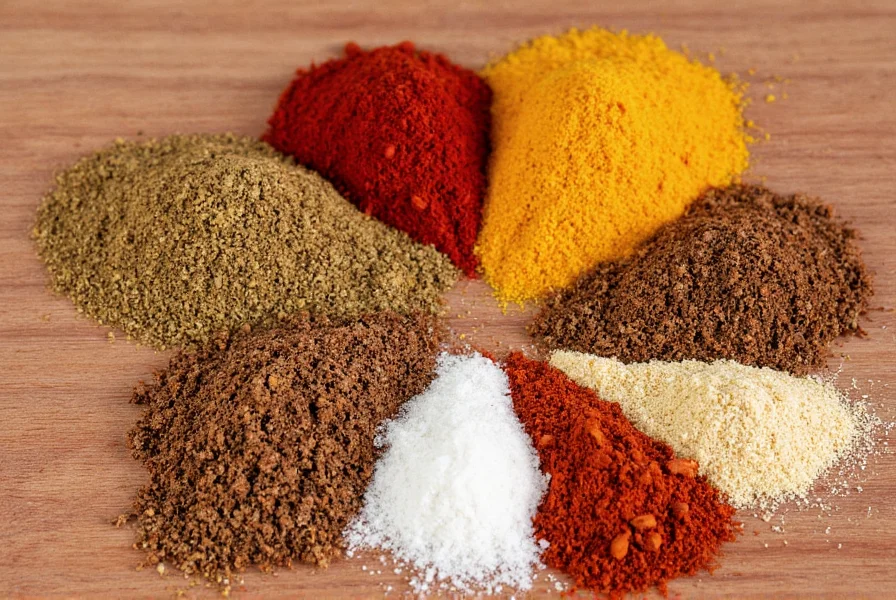
Berbera is a warming blend from the Horn of Africa, featuring cumin, coriander, cardamom, black pepper, cloves, and dried chilies. Its smoky depth pairs perfectly with slow-cooked meats and legumes. Pro Tip: Use 1 tsp per pound of meat for stews.
Kaloum Pepper (West Africa)
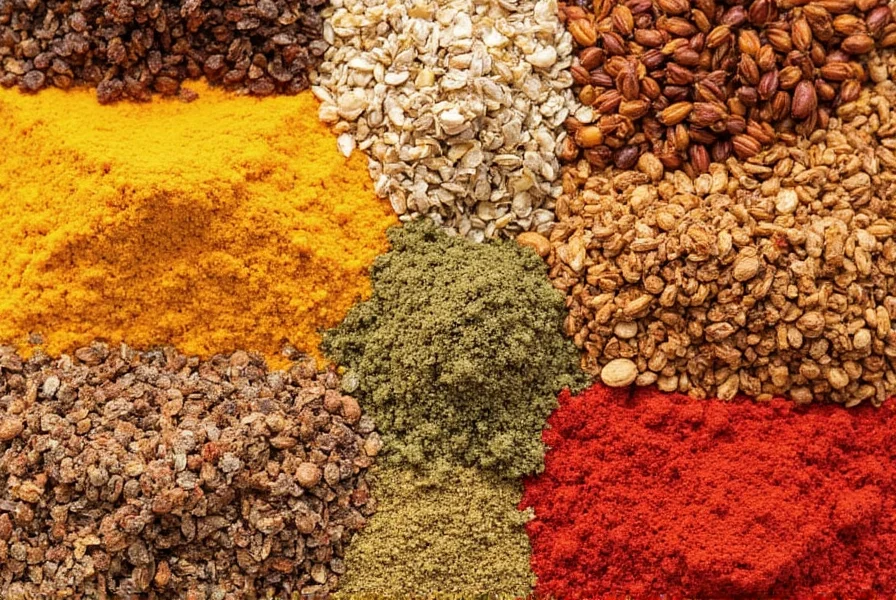
Often called "pepper senegal," this West African spice is actually a seed pod with a citrusy, woody aroma. Unlike cayenne, it delivers lingering heat with complex notes. Best for: Fish stews and rice dishes. Add 1/2 tsp to seafood marinades.
Ras el Hanout (Morocco)
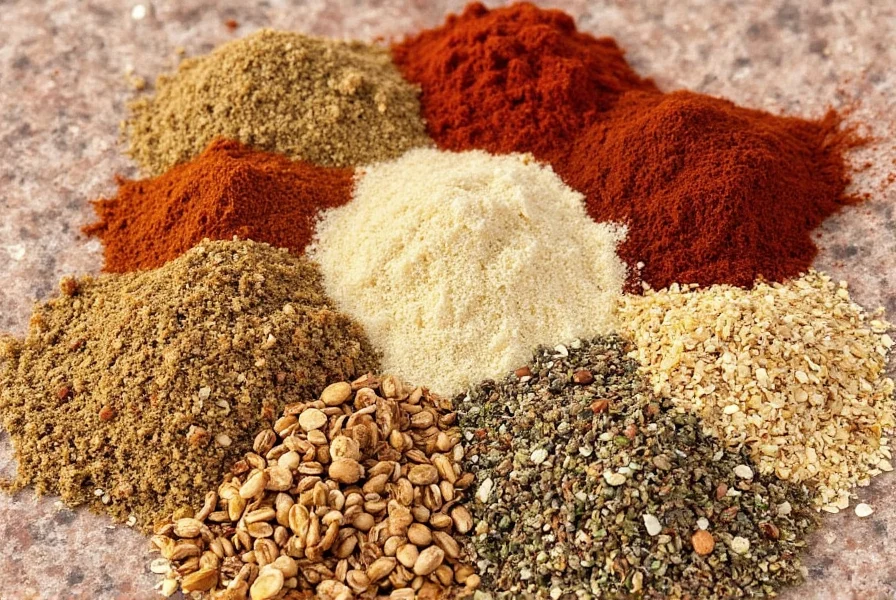
"Head of the shop" in Arabic, this Moroccan blend combines up to 30 spices including turmeric, cinnamon, and paprika. Authentic Use: Rub onto lamb before slow-cooking or mix with olive oil for roasted vegetables.
Touba Spice (Senegal)
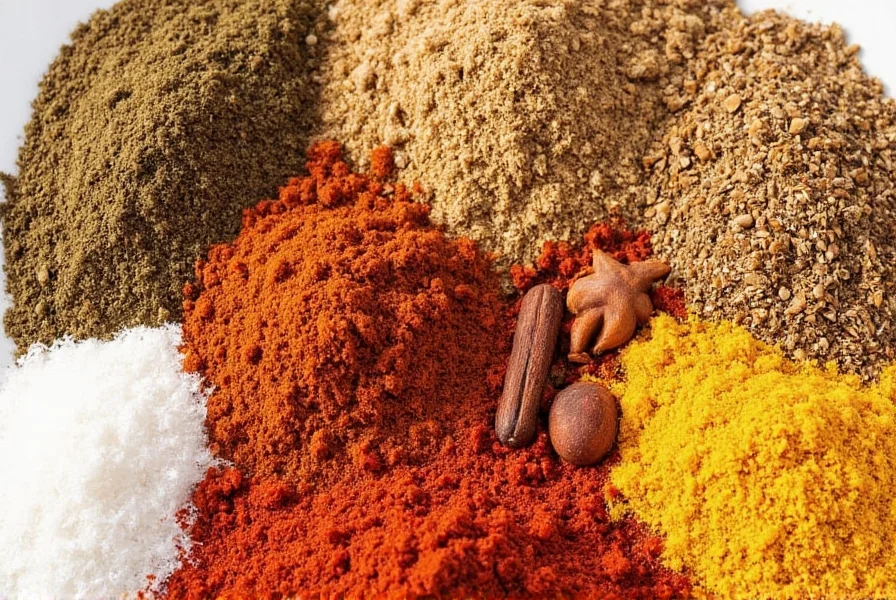
Named after Senegal's holy city, this blend features black pepper, garlic, thyme, and dried onion. Chef's Secret: Sprinkle on grilled chicken 30 minutes before cooking for maximum flavor penetration.
Nyama Choma Spice Mix (East Africa)
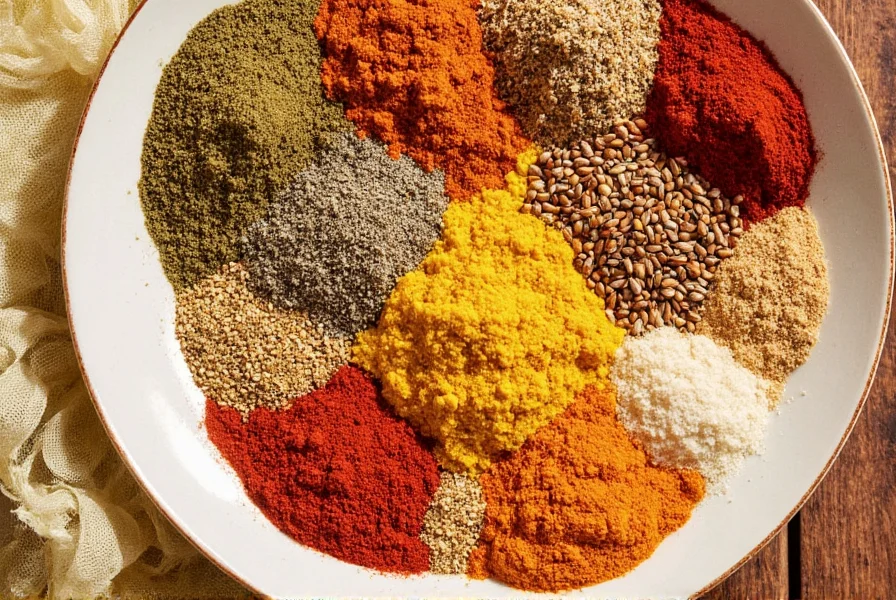
Kenya's signature grilling spice includes salt, garlic, ginger, lemon zest, and ajwain seeds. Traditional Tip: Rub onto goat meat and let marinate overnight for authentic nyama choma flavor.
Grains of Paradise (Ghana/Nigeria)
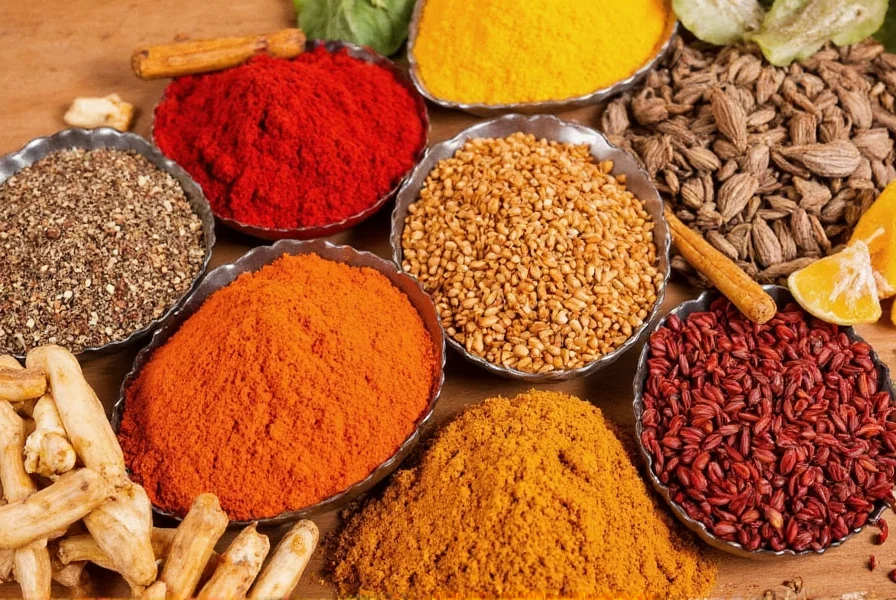
These West African seeds offer a peppery, pine-like flavor with citrus notes. Modern Use: Add 1/4 tsp to gin cocktails or sprinkle on roasted root vegetables for unexpected depth.
Ethiopian Mitmita
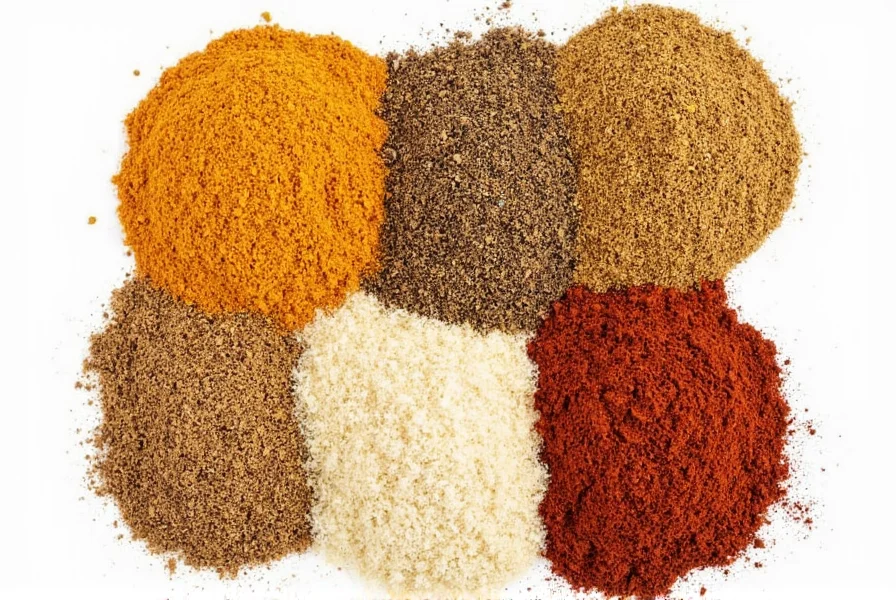
Known for its intense heat from bird's eye chilies, mitmita also contains cardamom and cloves. Caution: Start with 1/8 tsp per serving. Traditionally served with raw beef dishes like kitfo.
How to Use African Spices in Everyday Cooking
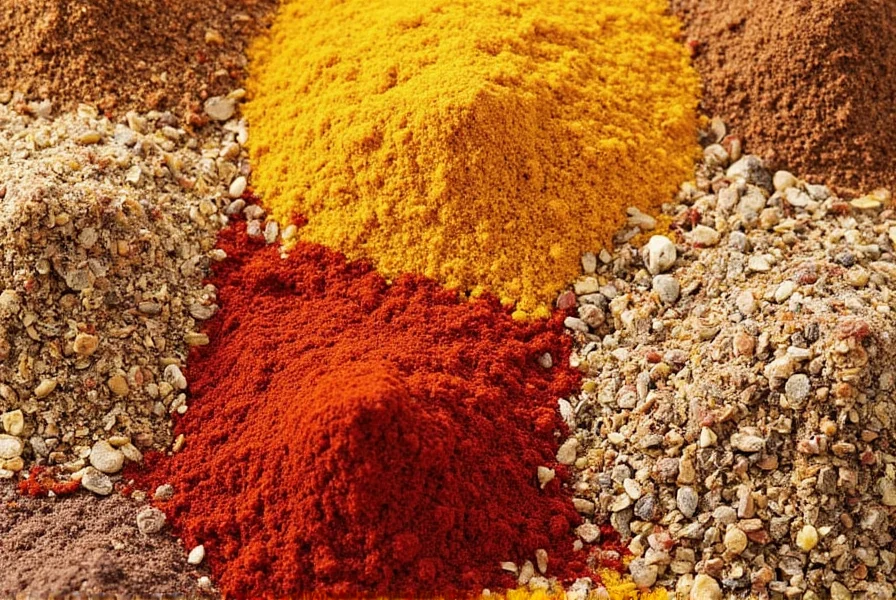
These practical tips will help you incorporate African spices without complexity:
- Toast whole spices in a dry pan for 1-2 minutes before grinding to release maximum aroma
- Make spice pastes by mixing 1 tbsp spice blend with 2 tbsp olive oil for marinades
- Start with half the recipe amount for potent blends like mitmita, then adjust to taste
- Store in airtight containers away from light - whole spices last 2-3 years, ground spices 6-12 months
Buying Guide: Choosing Authentic African Spices
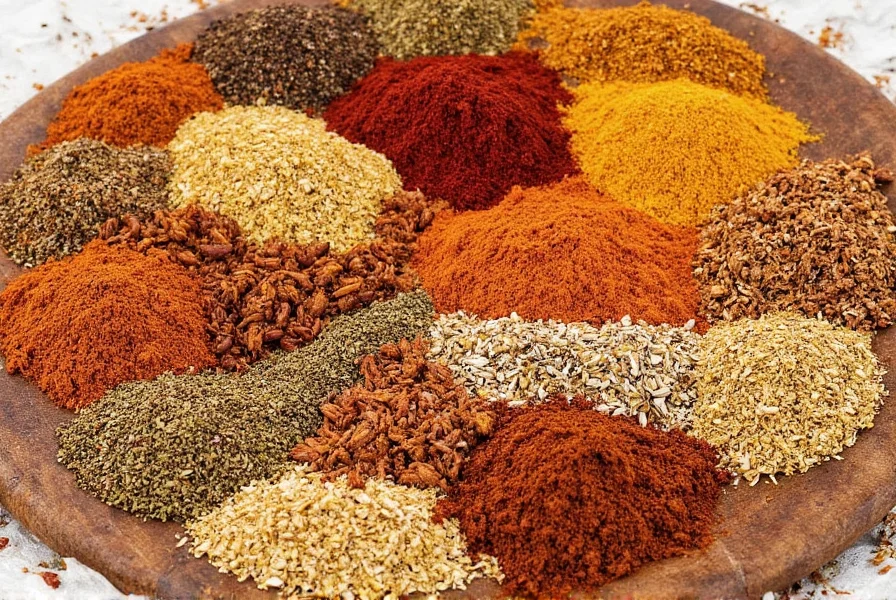
| Spice | Origin | Key Characteristics | Where to Buy |
|---|---|---|---|
| Berbera | Ethiopia/Somalia | Smoky, mildly hot | Online specialty stores (look for recent harvest dates) |
| Ras el Hanout | Morocco | Complex, warm | Middle Eastern markets or reputable online retailers |
| Kaloum | West Africa | Woody, spicy, citrusy | African grocers or import shops |
| Grains of Paradise | Ghana/Nigeria | Peppery, piney | Specialty spice shops with direct sourcing |
DIY Spice Blends
Create authentic blends at home with these simple recipes:
Homemade Ras el Hanout
- 1 tbsp ground cumin
- 1 tsp ground coriander
- ½ tsp cinnamon
- ½ tsp smoked paprika
- ¼ tsp ground ginger
- ¼ tsp turmeric
- A pinch of nutmeg
Mix well and store in an airtight container. Perfect for roasted veggies or kebabs!
Frequently Asked Questions
Are African spices always extremely hot?
No. While some blends like Ethiopian Mitmita are very spicy, many African spices focus on complex aromatics rather than heat. Ras el Hanout and Touba offer warm, fragrant notes with mild heat. Always check heat levels before using.
Where can I buy authentic African spices online?
Reputable sources include African-owned businesses like Sahel Spices and Ethiopian Food Market. Look for sites that specify harvest dates and source countries. Major retailers like Amazon also carry verified brands with customer reviews.
How do I store African spices properly?
Keep whole spices in airtight glass containers away from light and heat. Ground spices should be used within 6 months. Check freshness by smelling - if the aroma is weak, the spice has lost potency. For best results, grind whole spices just before use.
Conclusion
African spices are more than ingredients - they're cultural treasures that bring history and tradition to your kitchen. With this guide, you now have the knowledge to confidently explore these flavors. Start with one spice blend, experiment with the pairing suggestions, and discover how African spices can transform ordinary meals into extraordinary culinary experiences.

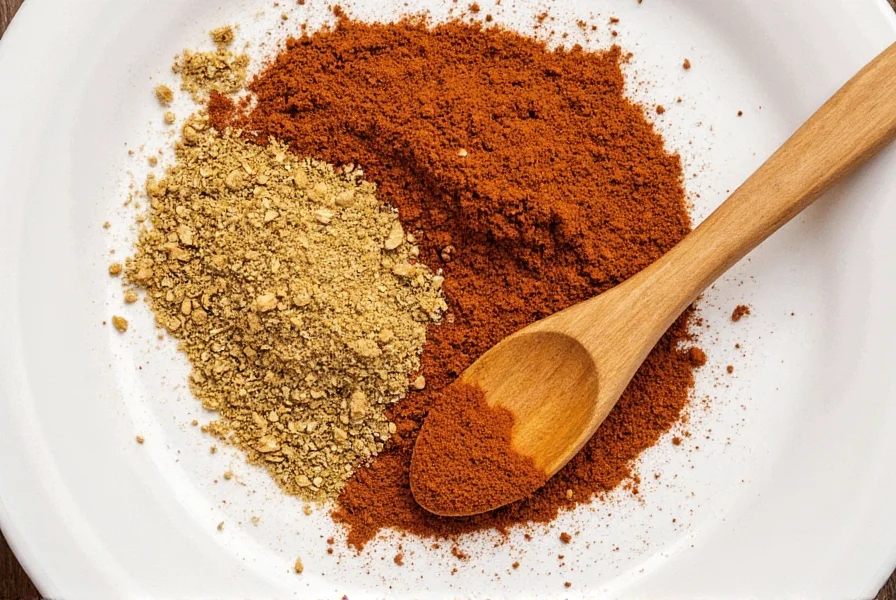









 浙公网安备
33010002000092号
浙公网安备
33010002000092号 浙B2-20120091-4
浙B2-20120091-4